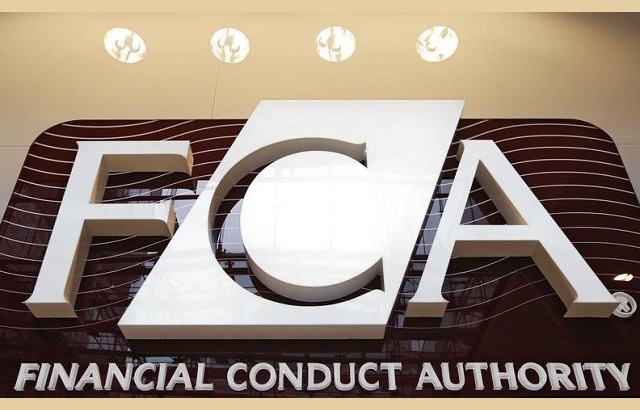The Financial Conduct Authority (FCA) launched fewer than half as many investigations into senior manager misconduct in 2021 than in 2020, according to a Freedom of Information (FOI) request.
The FOI by financial regulation consultancy Bovill revealed that by 15 November, only six enforcement investigations had been opened under the Senior Managers and Certification Regime (SMCR) in 2021, less than half the number in each of the three previous years.
This is despite the SMCR being extended to 48,000 solo-regulated firms at the start of the year. Bovill said that this raises questions about the “effectiveness of the regime”, as well as the “current capacity of the regulator to enforce the SMCR”.
While the number of enforcement investigations opened between 2018 and 2020 was consistent – never dropping below 13 – 2021 saw a fall to the same level as 2017.
The SMCR regime came into effect on 7 March 2016 for dual-regulated banks, but since then, the regime has been extended to dual-regulated insurers and, on 9 December 2019, it started applying to most solo-regulated firms.
Slow process
The FOI request from Bovill also revealed that 65% of the 54 SMCR investigations opened by the FCA since 2016 have not yet been resolved.
Bovill said that this may indicate that the FCA is not in a position to start new investigations, because the already open ones are taking such a long time to resolve.
Moreover, the FOI discovered that, since 2016, only two investigations have resulted in a penalty being imposed.
There have been 19 investigations concluded by the FCA, with 10 resulting in no further action being taken, or the investigation being discontinued.
SMCR ‘currently lacks bite’
Ben Blackett-Ord, chief executive at Bovill, said: “In recent years, we have questioned SMCR’s ability to hold individual senior managers to account, pointing to consistently low numbers of investigations and enforcement actions. This year’s statistics show that SMCR currently lacks bite and is not biting often enough to be considered as an effective enforcement tool.
“Most would assume that the extension of SMCR in 2021 would result in an increase in investigations and enforcement actions, especially as it should be easier to identify decisions made in smaller firms.
“The low number of investigations last year suggests that this hasn’t been the case. And that instead economic and pandemic pressures have hindered the regime’s SMCR efforts. With such low enforcement statistics, it brings into question SMCR’s role as an effective deterrent from poor behaviour by senior management.
“The pandemic has likely played a role in disrupting and delaying investigations, as have staff-shortages which have impacted employers across the country. However, enforcing only two penalties means that the FCA is five times more likely to take no action at the end of an investigation.
“This is not a good return after five years, and the FCA will need to adapt to these challenges if we are going to see more enforcements and, ultimately, a more effective regime.”








